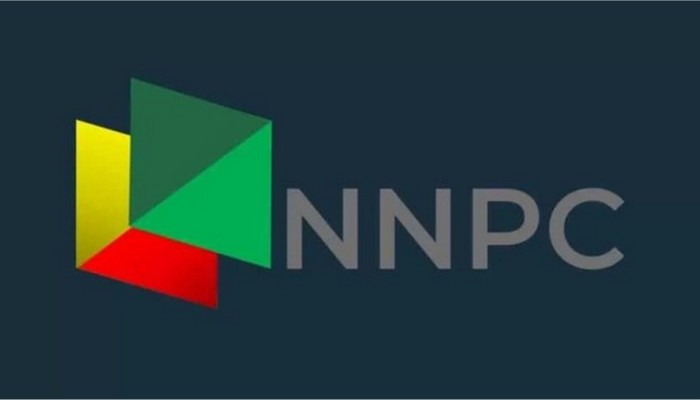How NNPCL failed to remit over $6.9bn under ex-President, Buhari – Nigerian Transparency Agency, NEITI Report

The Nigerian National Petroleum Company Limited (NNPCL) has not remitted $6.923 billion and swapped about $7.108 billion of crude under its Direct Sale Direct Purchase (DSDP) scheme in 2021.
This was despite the borrowing spree of the former president, Muhammadu Buhari’s administration, amid dwindling oil sector revenue, SaharaREporters reported.
The disclosure was contained in 2022 Oil & Gas Industry Report of the Nigerian Extractive Industry Transparency Initiative (NEITI).
The report as cited by Guardian, shows that outstanding taxes payable to Federal Inland Revenue Service as of July 31, 2023 was $13.591 million, while total outstanding federation revenue payable to Nigerian Upstream Petroleum Regulatory Commission (NUPRC) as of December 31, 2022 was $8.251billion, with NNPCL and its exploration and production subsidiary accounting for over 70 per cent of these liabilities.
Coming despite trillions of naira recorded as Premium Motor Spirit (PMS) subsidy, some 47 other oil companies, equally, failed to pay $1.342 billion to the government.
The report covered activities of over 69 companies. Twenty-two of these fell within criteria for reconciliation, and their payments represented 95.65 per cent of total payment by companies, which amounted to $11,332,792.48.
Deductions made by NNPCL from Domestic Crude Account before remittance to the federation in 2021, which stood at N751.11 billion ($1.94 billion), was not due for payment as of December 2021, even as N334.87 billion ($871.15 million) was outstanding liability as of December 2021.
The report said N1.20 trillion ($3.15 billion) was deducted against domestic sales proceeds as subsidy, while crude and product losses stood at N16.20 billion. Pipeline repairs and maintenance was N22.05 billion, while strategic stock holding was N6.15 billion.
NEITI called for thorough investigation of NNPCL and Nigerian Petroleum Development Company, adding that other companies should promptly pay outstanding liabilities, while respective government agencies should intensify efforts to recover debts.
NEITI insisted that the provision in Section 64 (m) of the Petroleum Industry Act (PIA) that makes NNPCL the supplier of last resort and that all associated costs should be borne by the federation, is capable of being misinterpreted, as it was during the old practice of deducting from revenue source.
Credit: SaharaReporters






